From Tints to Tadelakt, Special Plaster Finishes Polish Brownstone Renovations
Plaster walls with a mottled texture are increasingly popping up in brownstone renovations — from powder rooms to kitchens to accent walls.

Photo via Jersey Ice Cream Company
One of the last steps in many a brownstone renovation is to apply several thin layers of plaster to the walls to achieve a satiny, smooth finish, also known as a skim coat. But tinted plaster walls with a mottled texture are increasingly popping up in brownstone renovations — from powder rooms to kitchens to accent walls.
“It brings a really unique quality to the room that’s kind of hard to put into words,” said Percy Bright of Jersey Ice Cream Co. “After you start plastering stuff, it’s painful to go back to paint.”
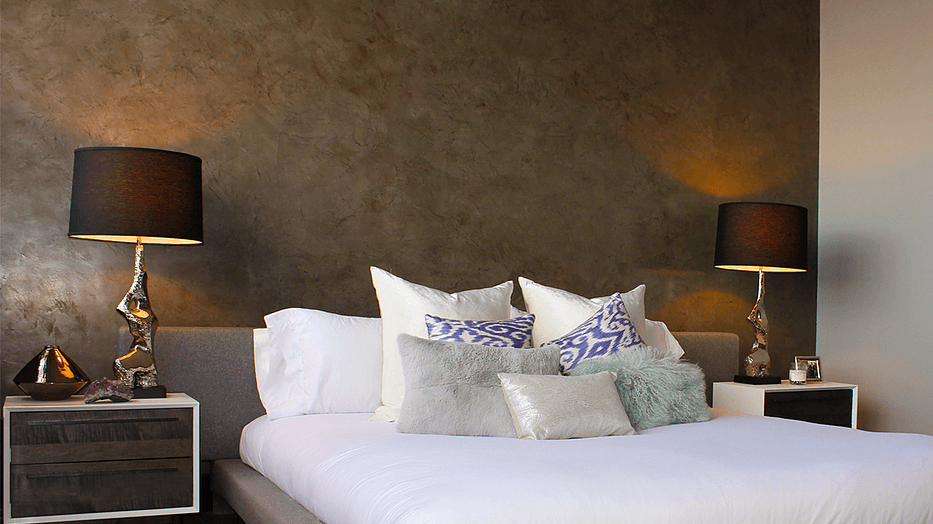
Bright uses mostly a gypsum-based plaster and tints the water to achieve the distinct quaintness that his interior design projects are known for.
“We usually use gypsum because it’s less expensive and not as finicky. It is more expensive than paint, but not exponentially more expensive,” Bright said. “If it’s a design project that we’re handling from start to finish, we try to plaster as much as possible.”
Jason Tackmann of SoBro Studio, a plaster finishing company, said the demand for plaster has exploded in recently months, especially for tadelakt — a traditional Moroccan plaster finish that is waterproof and often used in bathrooms and kitchens.
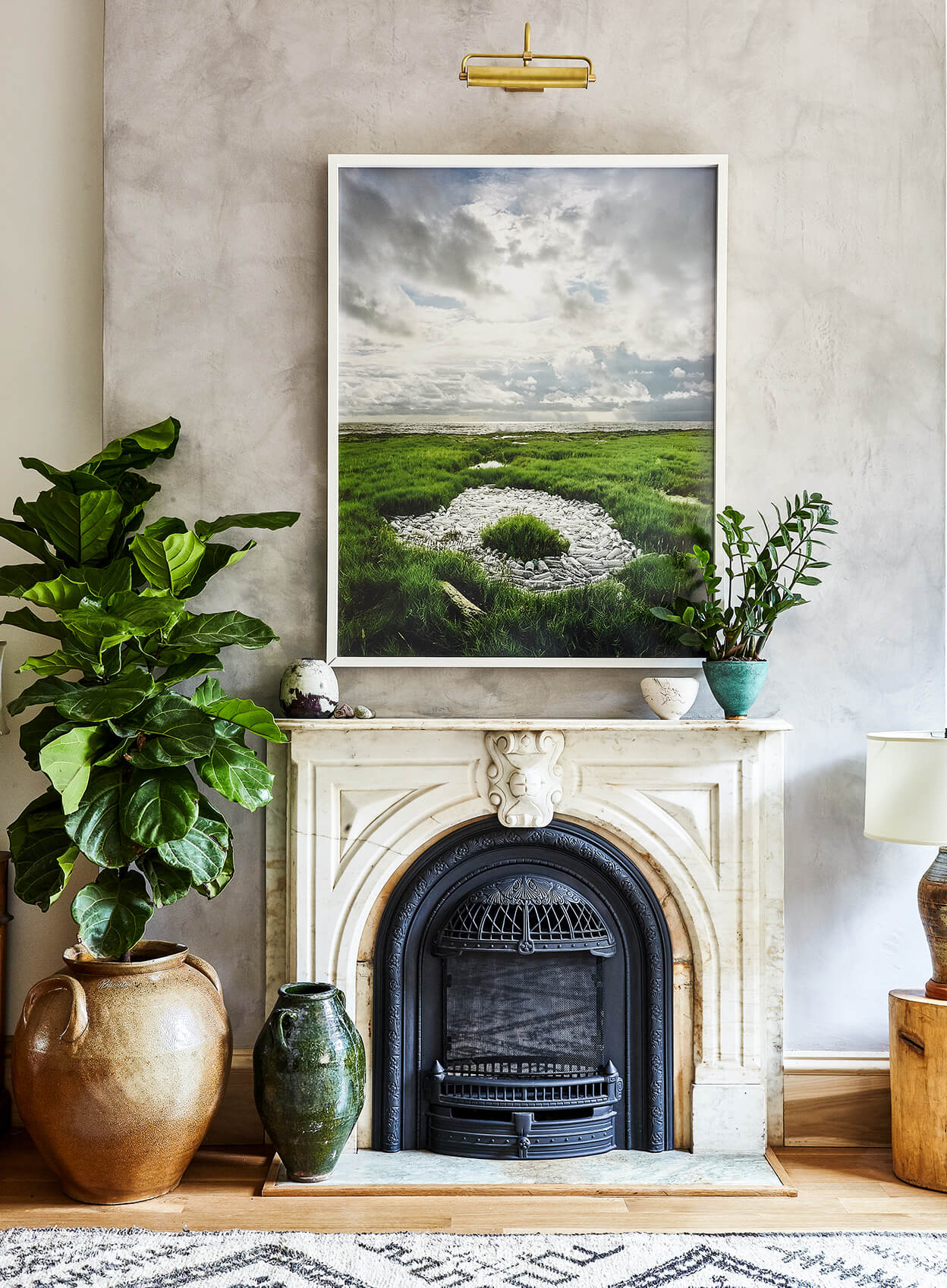
“Last year, I wasn’t getting any calls, and all of a sudden we’re booked solid,” Tackmann said. “It’s a lot of tadelakt, it seems. It’s one-of-a-kind stuff because I’m mixing it in the studio. It can’t be purchased and I’m trying to make stuff that’s original and that lasts.”
Tadelakt is more expensive than gypsum plaster but comparable to the cost of tiling, Tackmann said. For other rooms, he uses a mineral plaster and mixes in pigment. Both can be applied to existing plaster walls or sheetrock.
“Mineral plasters are terrific,” Tackmann said “It’s a two- or three-coat process and it gets better with time — it kind of patinas.”
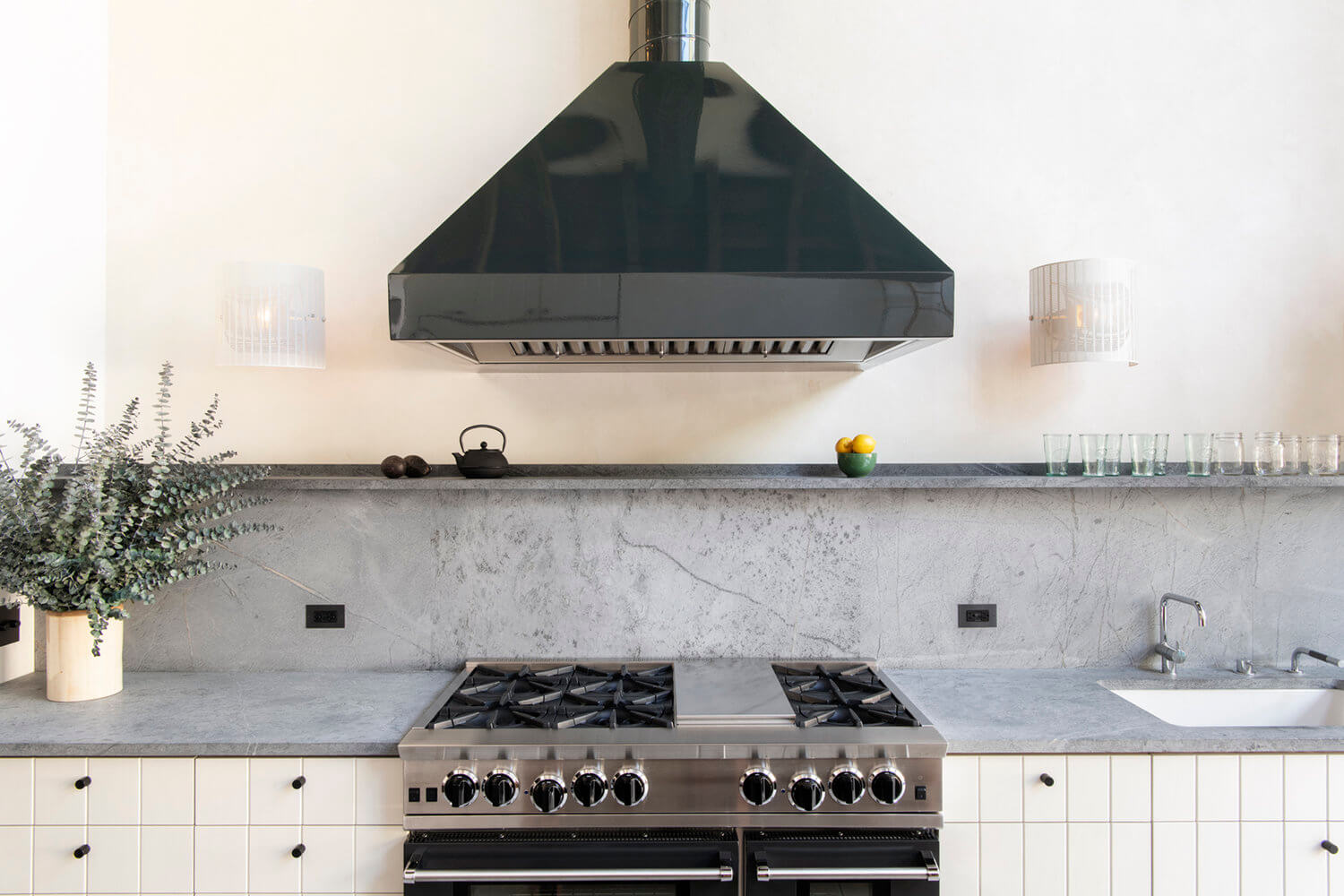
Tadelakt bathrooms require a cement scratch coat, tile backer board and six to seven coats.
“It’s a considerable process which is why it’s costly, but it will last a long time,” Tackmann said.
Interior designer Shanti Crawford of Indigo & Ochre Design recently used dark-blue tadelakt on the walls of the powder room in a Clinton Hill brownstone.
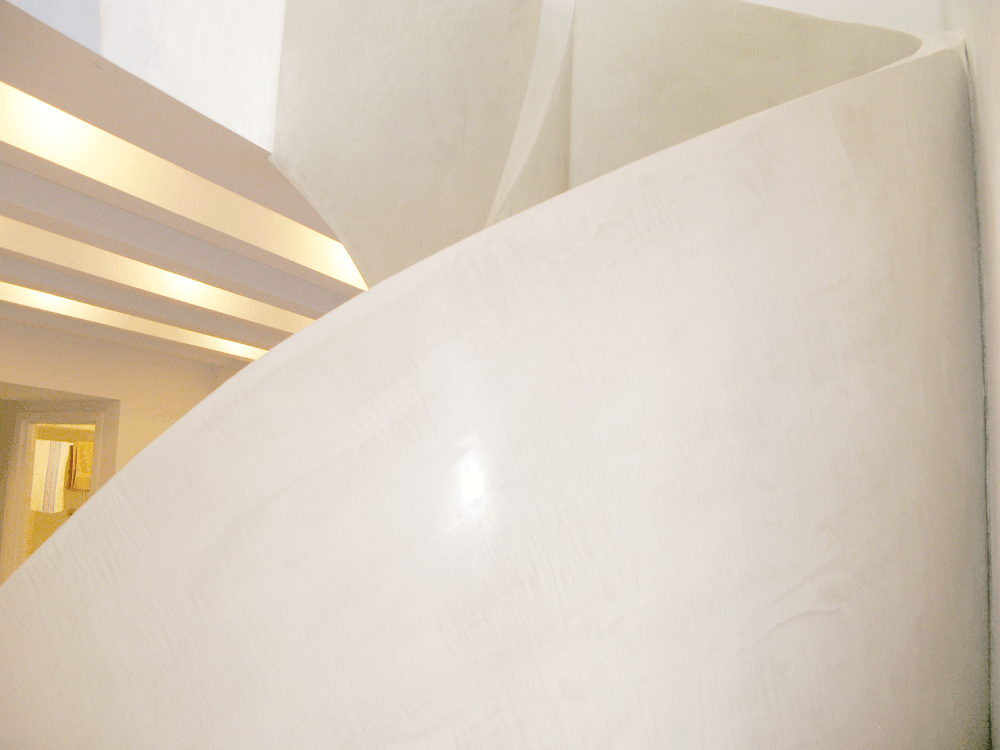
“I love tadelakt, but it is significantly more costly than other types of plaster due to how labor intensive it is, so I really have only spec’d this for use in bathrooms where its waterproof qualities earn its keep,” Crawford said.
In the same project, she chose a cement-based plaster for a wall behind the chimney and tinted it gray to match the client’s artwork above the mantel.
“In the application on the chimney chase wall, it was actually to make something undesirable feel intentional,” Crawford said. “My client and I had found and purchased the architectural salvaged marble mantlepiece on one of our first outings, long before construction started. It was lovely and scaled well for the existing chimney chase wall.”
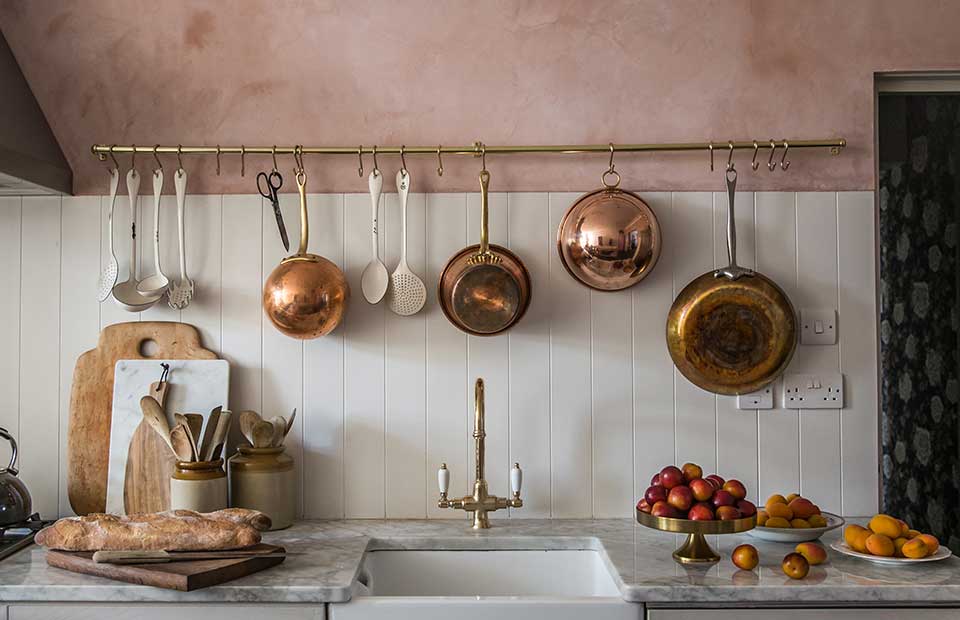
During construction, pipes were run down one side of the chimney chase wall, requiring both sides to be bumped out for symmetry but significantly enlarging the wall.
“I spec’d a plaster finish to make the large chimney chase wall feel intentional,” Crawford said. “Once it was styled with a large-scaled antique planter and pottery, it ended up being one of the client’s favorite features — mine too.”
Related Stories
- Here’s What You Need to Know About Repairing or Replacing Historic Brownstone Doors
- Here’s What to Do With the Radiators When You Renovate a Brownstone or Townhouse
- Designers Load Up on Classic and Neutral Paint Colors Inside Brownstones and Townhouses
Email tips@brownstoner.com with further comments, questions or tips. Follow Brownstoner on Twitter and Instagram, and like us on Facebook.

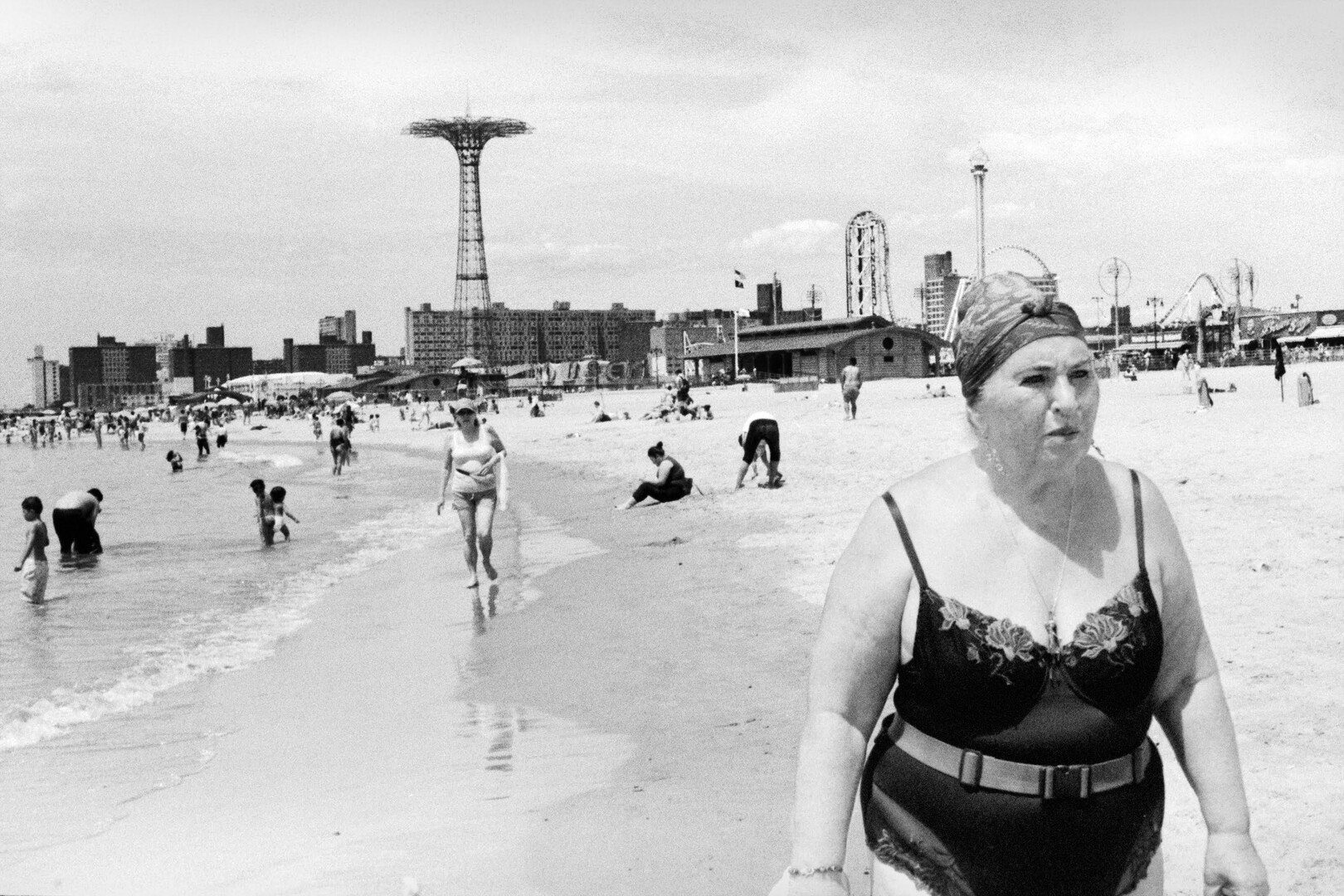
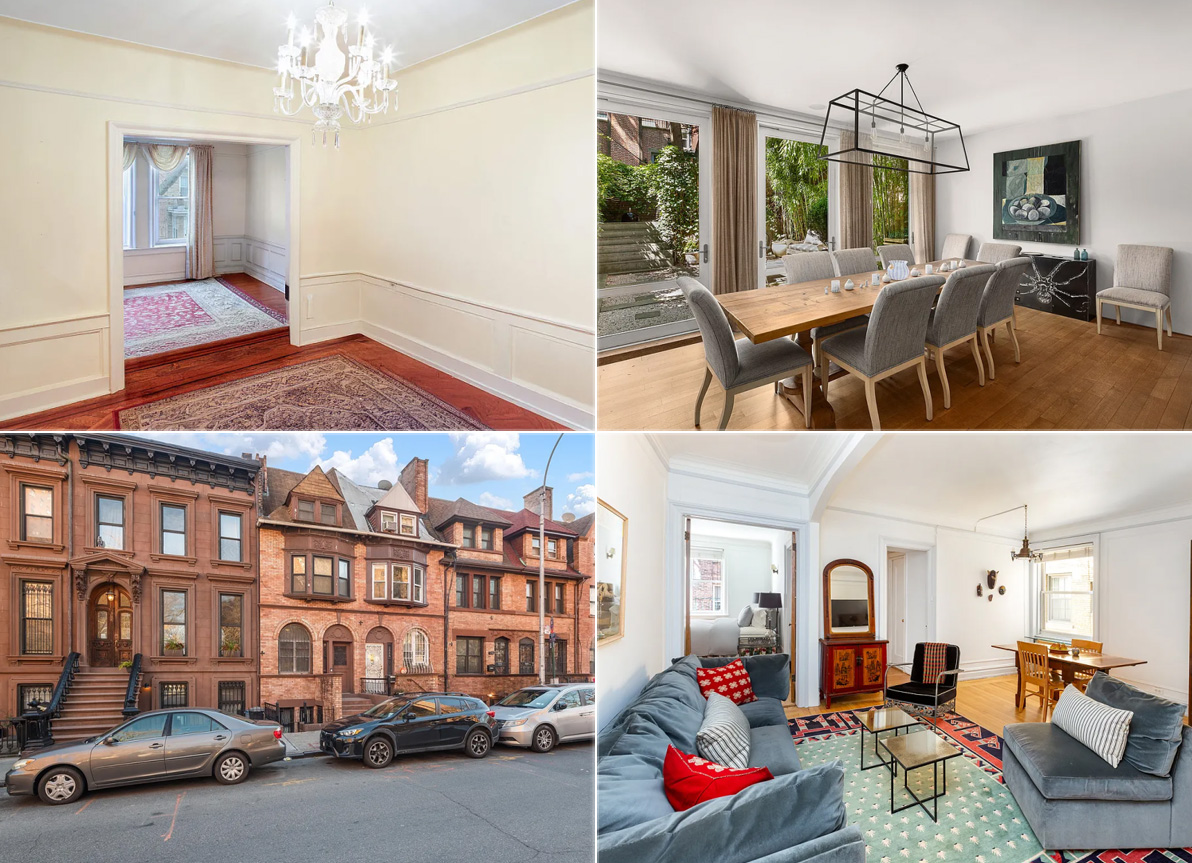
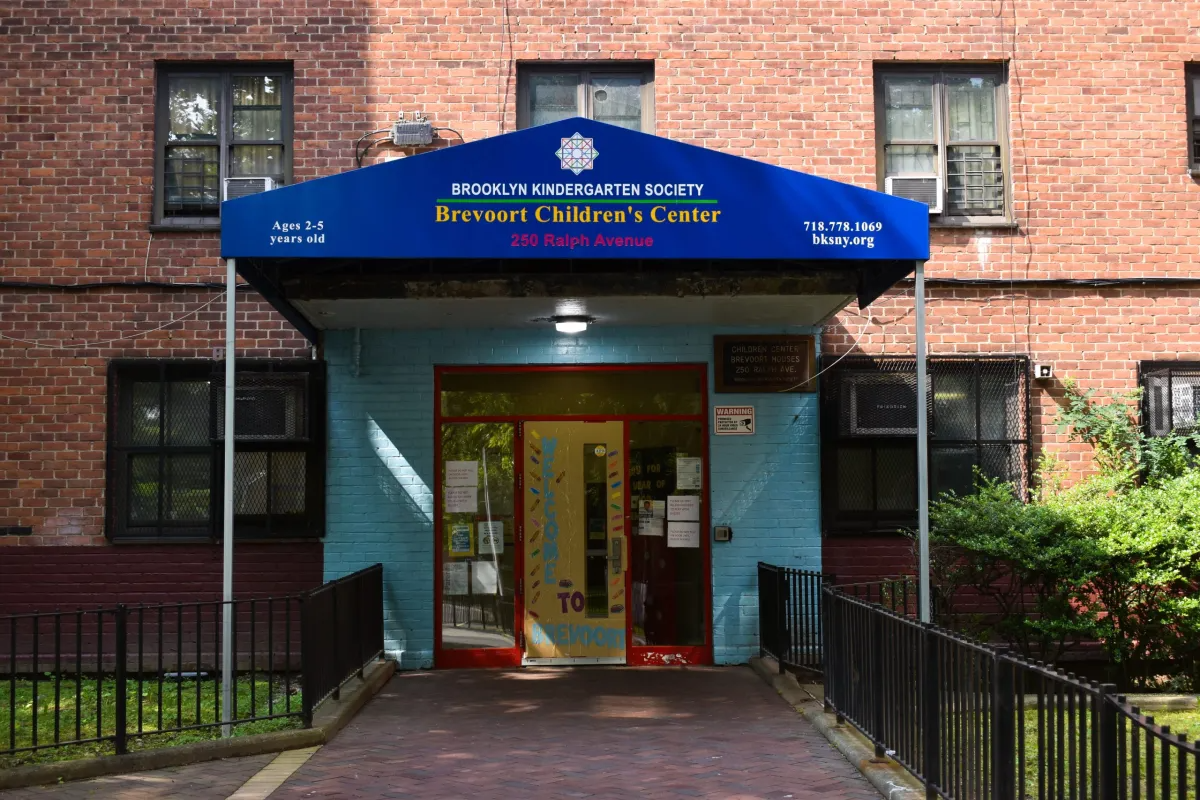
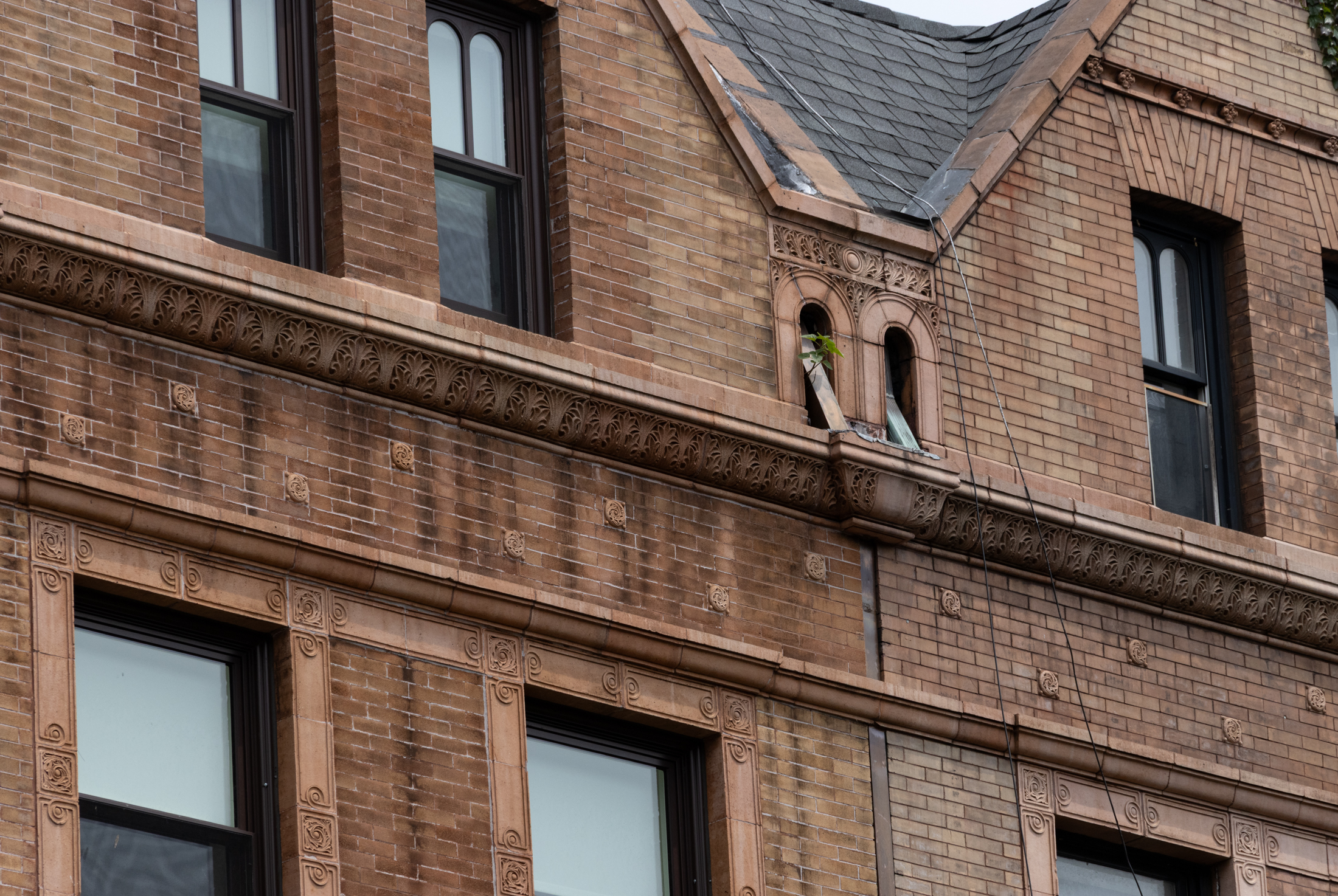
What's Your Take? Leave a Comment